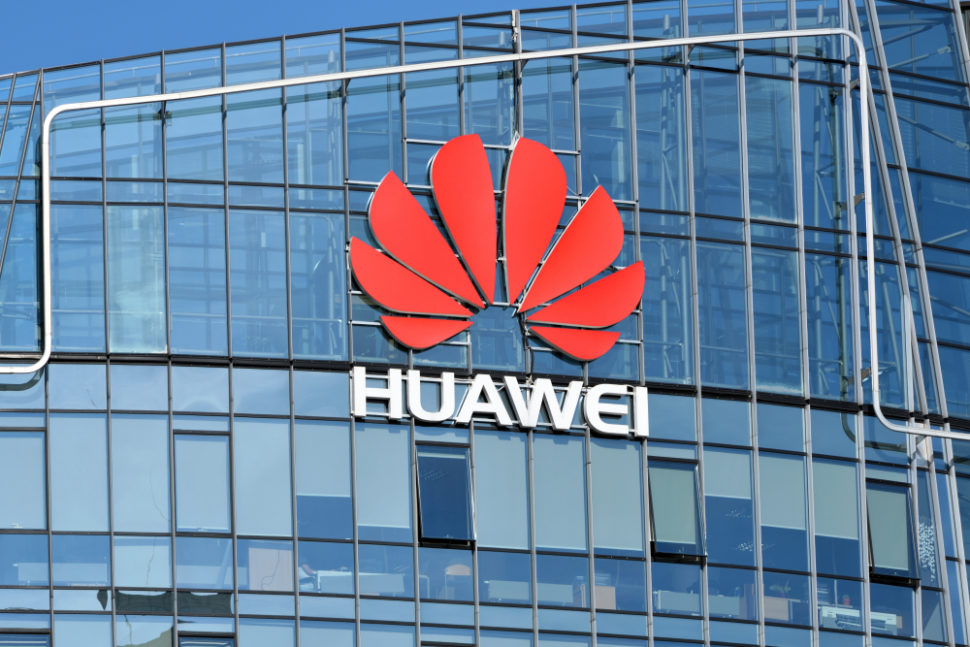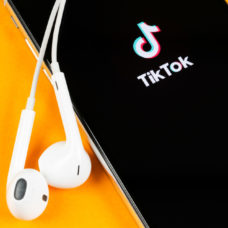On Saturday, one of China’s prominent electronics giants, Huawei, unveiled its very first mobile AI assistant in Berlin, Germany.
The introduction of the mobile AI assistant is considered a bold and ambitious move for the Chinese tech company as it aims to rival the dominance of Samsung’s Bixby and Apple’s Siri.
“Smartphones are smart, but they are not intelligent enough.”
Richard Yu, Huawei’s Consumer Business Group chief executive, was quoted as saying at the 2017 IFA Tech Show in Berlin.
The mobile personal assistant, a feature of the Kirin 970 chipset, was designed to respond systematically to three questions, or “the most important combination,” according to Yu:
Where is the user? Who are they, and what are they doing?
“You ask your personal assistant what’s the weather in Berlin. But in-device AI already knows that you’re in Berlin, on work assignment, on your way to a meeting, and if you’re waiting outside or if you’re already inside the car,” Yu further stated.
How is Huawei’s mobile AI assistant Kirin 970 different from the likes of Bixby and Siri?
#Huawei unveiled Kirin 970 and its newest mobile AI assistant at the #IFA2017Click To TweetThe Mobile AI Assistant and Kirin 970 Chipset
For years, tech giants have poured significant amounts of money and effort in developing software that will enable machines to think more like people. An attempt to create a personal mobile AI assistant capable of knowing its users and anticipating their needs.
With the passing of time, mobile phone manufacturers started making smartphones and other electronic gadgets equipped with artificial intelligence. A notable development that saw digital assistants playing bigger and more significant roles in the lives of people today.
While other devices’ virtual assistants typically gather information from the internet cloud, Huawei’s mobile AI assistant’s advantage lies in its processing of data on the smartphone itself, rather than in the cloud.
Aside from having its own AI processor, the Kirin 970 will be powered by an octa-core CPU and a latest generation 12-core GPU. According to the Indian Express, the chipset packs 5.5 billion transistors in a single square cm.
Huawei confirmed that the mobile chipset will be built using a 10nm manufacturing process, something pretty similar to Qualcomm’s Snapdragon 835 and the Samsung’s Exynos 8895 chipsets. The chipset is also said to support HDR 10 and 4K video recording at 60 frames per second.
One might say that the most important feature of the Kirin 970 chipset is its Neural Processing Unit (NPU), the part which gives the chipset a faster and more reliable AI.
“The ultimate goal is to provide a significantly better user experience. The Kirin 970 is the first in a series of new advances that will bring powerful AI features to our devices and take them beyond the competition,” Yu said in his statement at the IFA.
Huawei confirmed that its upcoming smartphones, the Mate 10 and Mate 10 Pro which have an October 16 launching date in Munich, will be powered by the Kirin 970 processor. According to reports, both phones will be bezel-less and will have longer battery life in order to to compete with the iPhone 8, Galaxy Note 8, and the Essential smartphone.
The Domination of Mobile AI Assistants
Since 2009, Huawei has been designing and manufacturing its own chipset. The Kirin chipset, in fact, powers some of the company’s latest mobile phones.
Aside from Bixby and Siri, Huawei’s mobile AI assistant will also compete with some of the most popular virtual assistants today such as Amazon’s Alexa, Microsoft’s Cortana, Google’s Google Assistant, Facebook’s M, Samsung’s Viv, and Blackberry Limited’s Blackberry Assistant.
In terms of economic relevance, the development of more sophisticated digital assistants is deemed as one of the most promising consumer trends. As more companies become interested in artificial intelligence and continuously invest in its research, experts believe that it won’t be long until AI reaches a status-weight comparable to real experiences.



















Comments (0)
Most Recent